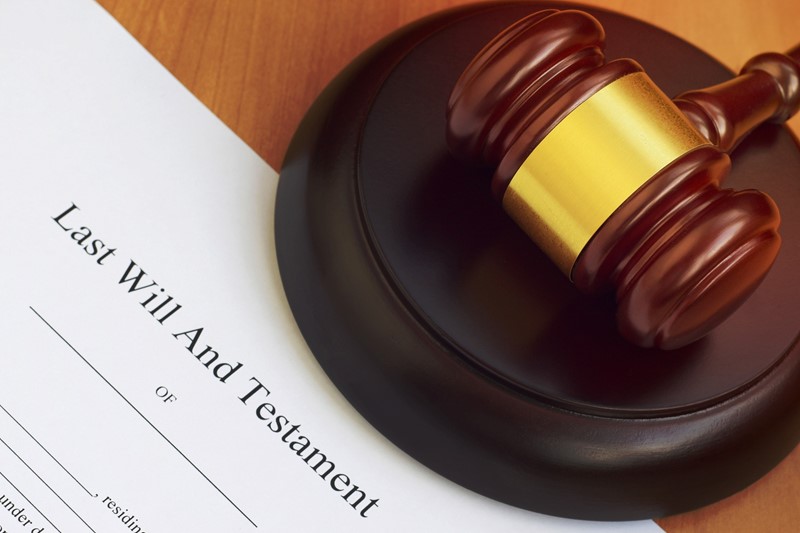


Probate waiting times halved
The Ministry of Justice (MOJ), together with HM Courts & Tribunals Service (HMCTS) and the Minister for Courts and Legal Services, has announced significant improvements in probate waiting times. Probate is a legal process through which a deceased person’s...
Tax chores if managing a deceased person’s estate
When someone dies, their personal representative (executor or administrator) must value their estate to determine if Inheritance Tax (IHT) is due. This involves assessing assets, debts, and handling tax obligations throughout the estate’s administration period....
Tax return for deceased person
Inheritance Tax (IHT) impacts estates over £325,000, with rates of 40% on death and 20% on certain gifts. A 36% reduced rate applies if 10% of the estate is left to charity. Executors must value estates and may need to file tax returns for the deceased and their...
Inheritance Tax thresholds and the RNRB
Inheritance Tax nil-rate bands remain frozen until April 2030. Learn how this affects estates, the residence nil-rate band, and planning opportunities to maximise tax-free inheritance for loved ones. The Inheritance Tax (IHT) nil-rate bands have been frozen for a...
